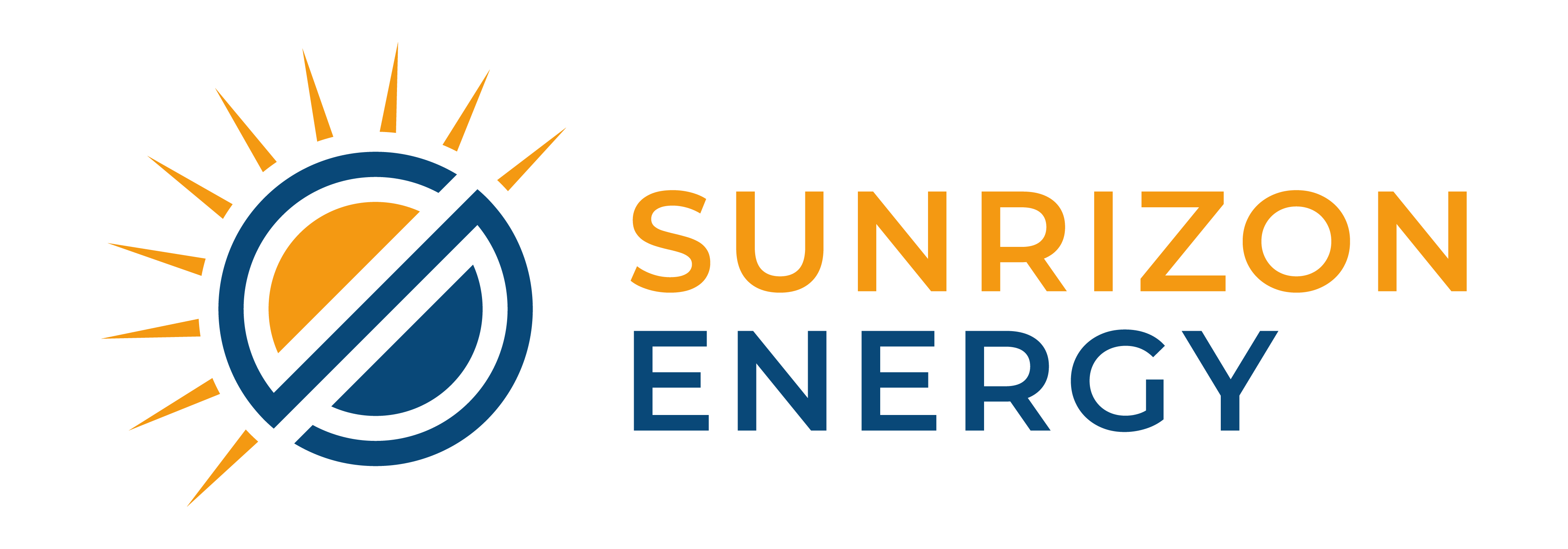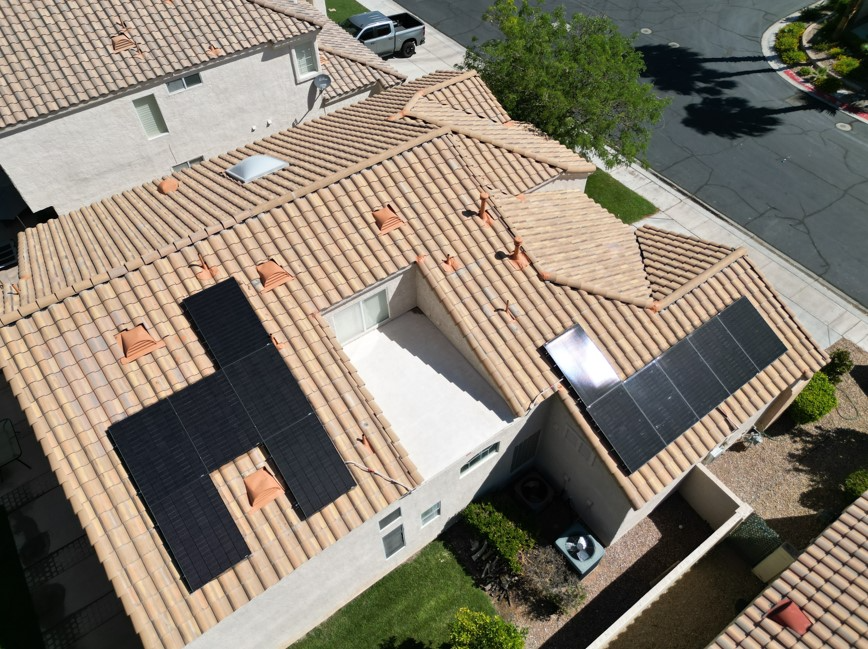In the quest to harness solar energy more efficiently, understanding the many factors that influence the performance of solar panels is essential. This knowledge not only maximizes a homeowner’s return on investment but also ensures the sustainable generation of clean, renewable energy.
1. Environmental and Weather Conditions
Solar panels interact continuously with their environment. Two primary environmental factors impacting their efficiency are sunlight irradiance and temperature. Higher irradiance levels typically result in greater power generation. However, rising temperatures can actually reduce a panel’s output efficiency by 10% to 25%. This drop is due to the semiconducting materials in solar panels, which become less effective as temperatures increase.
2. Panel Orientation and Tilt
Proper orientation and tilt are critical for maximizing sunlight exposure. Solar panels that are positioned to receive sunlight at a perpendicular angle throughout the day will operate at peak efficiency. In the United States, the ideal tilt angle ranges from 30 to 45 degrees, depending on your latitude. For locations north of the equator, a southward-facing orientation captures the most sunlight. Ensuring the correct azimuth angle also helps maintain optimal exposure throughout the day.
3. Technology: Microinverters vs. Traditional Inverters
The type of inverter used in a solar energy system plays a significant role in overall performance. Microinverters are installed on each individual panel, allowing them to operate independently. This means that if one panel is shaded or dirty, it won’t affect the performance of the entire system. Traditional string inverters, on the other hand, connect all panels in a series, so the lowest-performing panel can drag down the output of the entire array. Additionally, inverter efficiency, particularly the conversion from DC to AC power, can affect total system performance over time.
4. Maintenance and Equipment Quality
Solar panels typically degrade at a rate of 0.5% to 0.7% per year. Contributing factors include exposure to weather, buildup of dirt or debris, and natural wear and tear. However, regular maintenance and the use of high-quality equipment can greatly reduce the rate of degradation. Periodic cleaning and trimming nearby trees to prevent shading will also help maintain optimal performance and extend the life of your system.
5. Advancements in Solar Technology
The solar industry continues to evolve, introducing innovations that improve system efficiency. For example, solar panels equipped with MOS bypass switches help reduce power loss caused by partial shading. Investing in high-efficiency solar panels, while more expensive initially, can offer significant long-term benefits through increased energy output and better durability.
Ready to Optimize Your Solar Investment?
Understanding what affects solar panel efficiency is just the beginning. At Sunrizon Energy Solutions, serving Nevada and Texas, we’re dedicated to helping homeowners make the most of their solar investment. Whether you’re exploring solar energy for the first time or looking to boost your current system’s performance, our experts are here to guide you every step of the way.
Call us at 725.204.9412 (Nevada) or 832.263.1702 (Texas), or complete our online form to schedule a consultation. Let’s unlock your home’s full solar potential with Sunrizon Energy Solutions!

